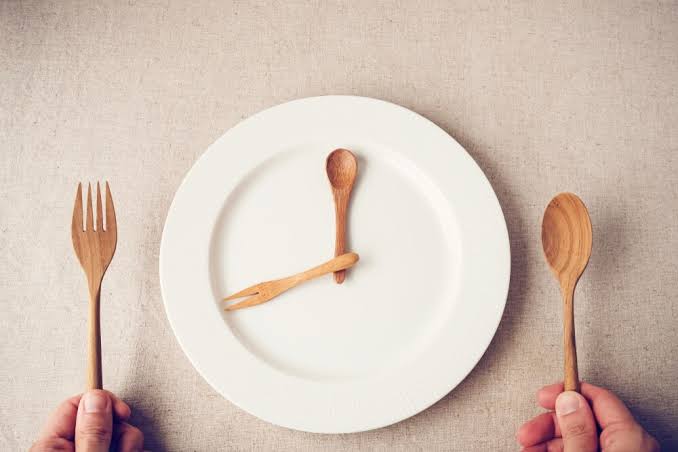Dr. Bolaji Salako, a renowned medical expert, has said fasting poses health risk, emphasizes the importance of prioritizing health and taking necessary precautions for a safe and healthy fasting experience
As a Consultant in Radiation and Clinical Oncology at the Federal Medical Centre (FMC) in Abeokuta, Dr. Salako shared insights in an interview with the News Agency of Nigeria (NAN) held in Ibadan.
He highlighted the potential health risks associated with fasting during Ramadan, particularly in regions with hot climates, where dehydration poses a significant concern. Dr. Salako emphasized that prolonged periods without water intake could lead to fatigue, headaches, dizziness, and even serious complications such as kidney challenges if not addressed promptly.
“Not drinking water for long hours can lead to dehydration, which can result in fatigue, headaches, dizziness, and even more serious complications like kidney challenges if not addressed”
ALSO READ:Ramadan: How to relate with opposite gender while fasting
“It is crucial for fasting individuals to stay hydrated during non-fasting hours,” Salako said.
Furthermore, Dr. Salako addressed the issue of nutritional deficiencies, stressing the importance of consuming balanced diets during non-fasting hours to avoid imbalances in nutrient intake. He warned that inadequate nutrition could result in deficiencies in essential vitamins and minerals if not managed properly.
Dr. Salako also advised individuals with conditions like diabetes and hypertension to work closely with their medical doctors to adjust medication schedules and monitor their health during Ramadan. He emphasized the need for maintaining regular sleep patterns and meal timings to mitigate potential health issues such as fatigue, irritability, and difficulty in concentration.
While acknowledging the spiritual benefits of fasting during Ramadan, Dr. Salako reiterated the importance of prioritizing health and undertaking necessary measures for a safe fasting experience. He encouraged individuals to engage in light to moderate exercises, such as walking or stretching, during non-fasting hours to promote overall well-being.
“It is important for those with diabetes and other diseases like hypertension, cancer to work closely with their medical doctors to adjust their medication schedules and monitor their health conditions carefully during Ramadan,” Salako said.
Regarding cancer management, Dr. Salako highlighted the importance of assessing whether fasting is suitable for patients, particularly those with advanced diseases and undergoing regular medications, to prevent a deterioration in their health status.
In conclusion, Dr. Salako emphasized the significance of balancing spiritual practices with health considerations during Ramadan, urging individuals to prioritize their well-being for a fulfilling fasting experience.
